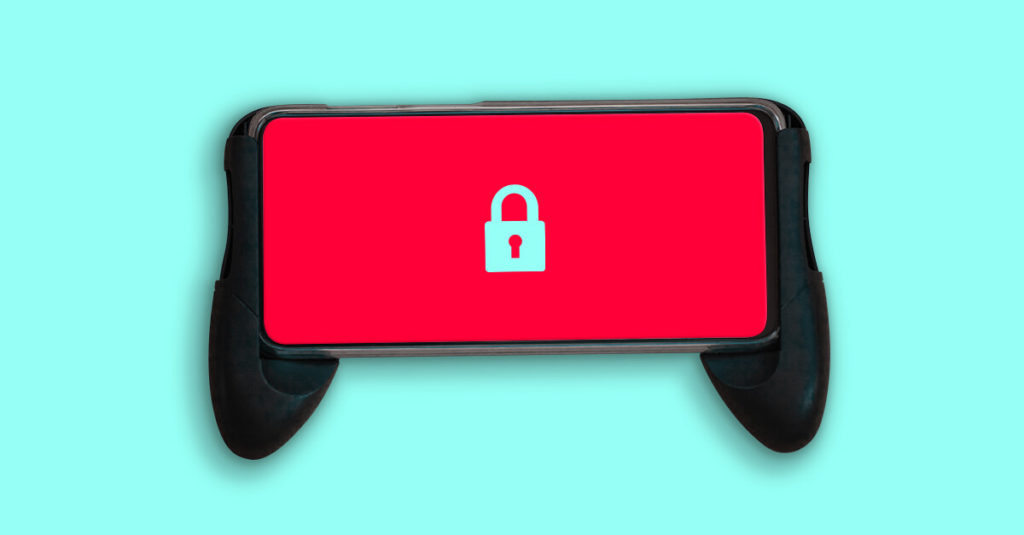
Security Musts for Video Gamers
Video gaming is an incredibly popular pastime for both kids and adults. Gamers have attracted attention from the media and tech industry, but they’ve also drawn the eyes of scammers and criminals. People who play online games can be especially vulnerable to hackers looking to steal valuable in-game items like weapons and skins to scammers looking to steal passwords or credit card numbers or trolls who are harassing other players.
The issues vary slightly whether you’re using a computer or a console to play, but many of the practices for maintaining the best security for a gaming PC also apply to PS4 security and gaming security on other platforms, including mobile phones and tablets.
Check out more of the security threats gaming fans face, and see below how to keep them at bay.
Passwords and online gaming security risks
Ensure your passwords to gaming-related accounts are secure. Character theft in online gaming can be a serious issue. Criminals will attempt to guess passwords or, by phishing online gaming fans, trick people into revealing them through bogus emails or other messages. Then, they’ll take over and sell people’s in-game characters, which they’ve often built up over the course of months or even years of play into something valuable to other players.
Use a separate, strong password you don’t use elsewhere for your online gaming accounts. Doing this means if someone does manage to steal your password or the game provider gets hacked (in the type of online gaming password leak that does sometimes affect cybersecurity in the gaming industry), hackers can’t gain access to your other accounts. You may want to use a password manager to generate and store secure passwords for your gaming accounts.
Using a firewall for gaming
Watch out for a denial-of-service attack. If you’re playing an online game and other players are able to determine your IP address, which identifies your computer on the internet, there’s a chance they’ll attempt to hack your computer or overwhelm it with data, in what’s called a denial-of-service attack, in order to knock you out of the game.
Use a hardware or software firewall. Reduce the likelihood of attacks like these succeeding with a firewall that will attempt to filter out unwelcome attempts to access your computer. You can enable firewall settings in most modern operating systems, and many broadband routers and modems also have firewall options available. Check with your internet service provider to find out what’s available in your router settings or see if they can recommend other firewall options for you.
Use a virtual private network (VPN). Whether you have the firewall on or off for gaming, a VPN can also potentially help add a layer of security and make it harder for attackers to access your computer or discover details about it. Unfortunately, VPNs can slightly slow down your connection, so this may not always be a good solution if speed is extremely important in your gaming sessions. Remember, fiber-optic internet is a great solution to your speed issues when you use a VPN.
Doxxing, identity theft and harassment
Online video games can get heated and generate a lot of anger among opponents who don’t even know each other. This high emotion can lead to revenge cyber crimes.
In addition to traditional identity theft, where someone might use your information to try to steal your money or open accounts in your name, there are some online gamers who deliberately harass their opponents outside of the game for personal information. Then, when they get that information, they will dox people and release private information to the public.
Be careful when you share your real name. As with other online activities, you may want to keep your name and other contact information, including phone numbers and email addresses that may identify you, undisclosed when you’re playing online games.
Change up your usernames. Think about the usernames you choose, and any other details you may reveal, on gaming platforms and if you use them elsewhere that can be found through search engines. Doing this prevents bad actors from being able to access information from other areas of your life.
Avoiding scams and viruses
Obtain software and files from trustworthy sources. If you’re not sure whether a source is trustworthy, do your research before buying or downloading anything to your computer or other device. If you have kids, make sure they understand the risks involved in downloading software from the internet.
Run antivirus software on your devices. This will filter out any malware that may get on your computer, whether it’s related to your gaming activities or not. Talk to your internet provider about anti-malware tools that may be included with your subscription, see what software came with your devices or look into software particularly targeted at gamers.
Ready Player One: get your Frontier Fiber gig speed on
First steps to feeling secure about winning is to game on a fiber network. Frontier Fiber has everything you’re looking for: speed, increased bandwidth capabilities, matching upload and download speeds. Ready for Frontier Fiber? Check here to see when if Frontier Fiber is available at your address.




Practically all home computers are sitting behind a router doing network address translation and supporting uPnP. Your game makes requests to open up certain communication paths to the game server for your online games. If your game is opening up a listening port at your router that is traffic agnostic, meaning it’s listening for traffic from anyone, you need to stop playing that game. Your software firewall isn’t going to help you here, you won’t know exactly what the game is doing when you approve the software firewall request for such a risky uPnP rule. Any game that would do this deserves any DDoS attach that would kill the gamer’s connection to the server.